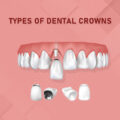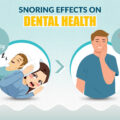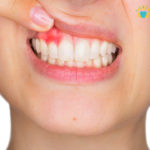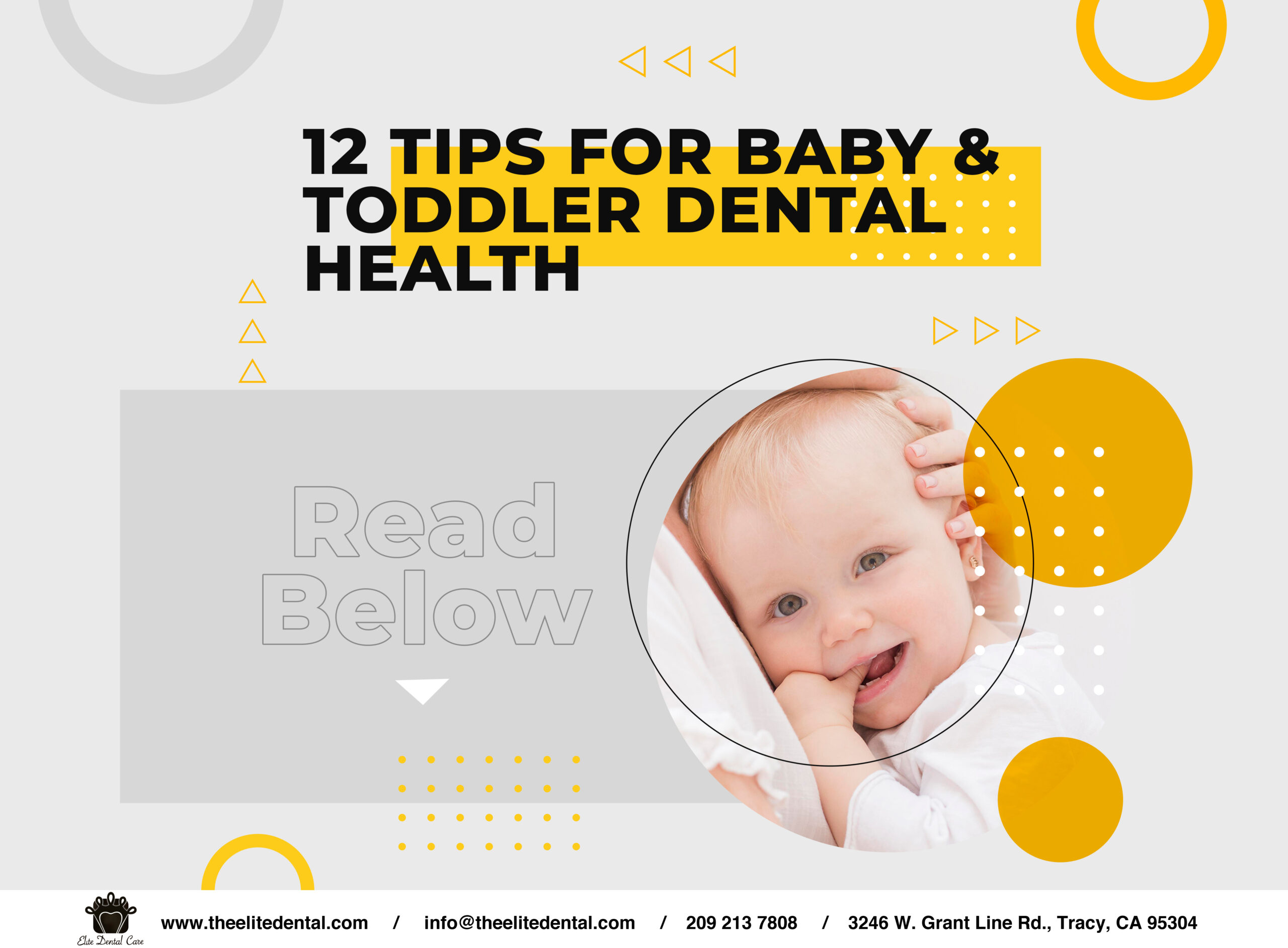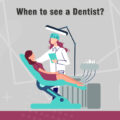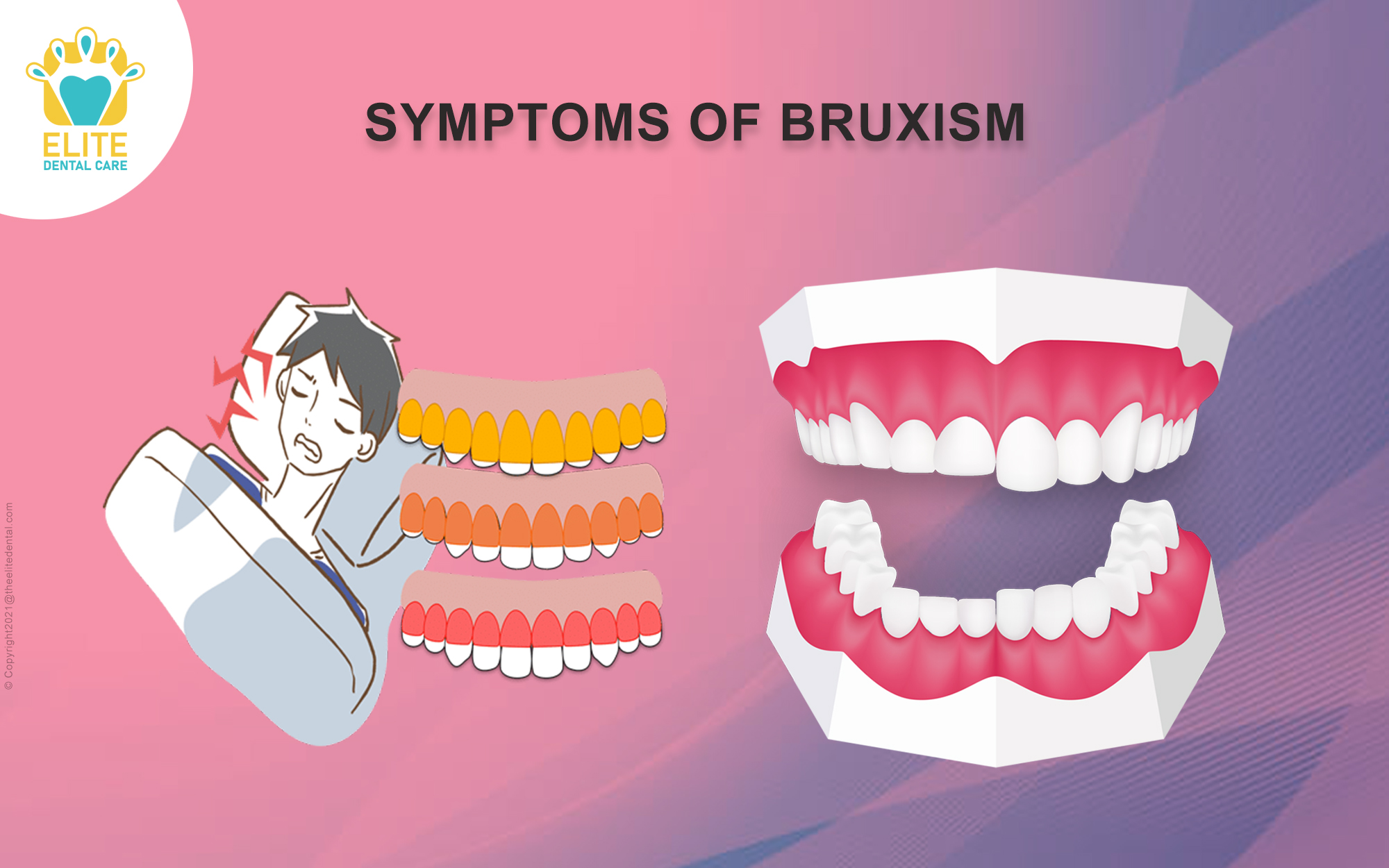
denturesflossinghygiene tipsoral healthTeeth Whitening
edental
4 June 2022
What are the Major Symptoms of Bruxism?
Do you have a painful jaw that you are unaware of? If yes, then you may have Bruxism. In reality, Bruxism affects about 30% of people worldwide. The main point is that numerous people are unaware of it. If left untreated, Bruxism may cause significant damage to your teeth and jaw, so it’s critical to catch it early.
But what exactly is Bruxism, and how can you tell whether you are suffering from it or not? It’s not always simple to know whether you have Bruxism, but recognizing the signs and symptoms might aid in early detection. We will tell you all about Bruxism, from its symptoms to the treatments.
What is Bruxism?
Bruxism is the grinding, gnashing or clenching of your teeth. If you suffer from Bruxism, you may unintentionally grasp or grind your teeth while awake or in sleep (Bruxism).
Snoring and breathing pauses are more common in those who clench or grind their teeth (brux) when sleeping (sleep apnea).
If you have mild Bruxism, the treatment is not essential. You can prevent it by changing your lifestyle. On the other hand, Bruxism can cause jaw difficulties, migraines, tooth damage, and other issues in certain people.
What are the symptoms of Bruxism?
Bruxism is the habit of gnashing, clenching, or grinding your teeth without realizing that you are doing something with your teeth. Sleep-related Bruxism affects many dental patients, which causes you to clench while you are sleeping.
So, what are the signs and symptoms, and how can you know that you are suffering from Bruxism? Some of the most typical bruxism symptoms and signs are listed below:
- Frequent headache
- Pain and soreness in the jaw, face, and neck.
- Increased tooth sensitivity
- Exposed tooth layers caused by worn enamel
- Chipped, flattened and fractured teeth
- Popping and clicking in your temporomandibular joint
- Tense facial and jaw muscle
Sleep apnea is a common side effect of Bruxism. One of the critical risk factors for obstructive sleep apnea is sleep-related Bruxism.
You must start the dental treatment as soon as possible, regardless of how severe your symptoms are. Bruxism may wear down enamel and develop chips and fractures over time, causing considerable damage to your teeth. In cases of Bruxism, your dental implants or crowns may require early (and costly) replacement.
What causes Bruxism?
Bruxism has no single or identifying cause. Several factors contribute to its development.
Teeth Growing: Bruxism is common among young children. Up to 40% of them suffer from it during their development. As teeth and jaws increase during childhood, Bruxism generally resolves independently and without permanent damage.
Misaligned bite: Bruxism can occur in certain people because their taste is misaligned or they have missing teeth. Grinding or clenching can also be caused by irritation in the mouth.
Mental health condition: Bruxism is connected with anxiety and depression. You can partly attribute this connection to stress, exacerbating these symptoms.
Neurological conditions: Movement during sleep can be caused by diseases like Huntington’s disease and Parkinson’s, leading to Bruxism.
What are the treatments for Bruxism?
Treatments for Bruxism are specific to your symptoms and causes. The following are some of the most prevalent treatments for Bruxism:
- Stress reduction techniques: Anxiety, tension, wrath, or annoyance can contribute to bruxism development. Bruxism can be treated using stress reduction strategies such as yoga, meditation, or exercise. Many patients find that maintaining a daily journal or talking to a counsellor can help them lower their stress levels.
- Mouthguards: If you’ve issues related to your teeth at night, your dentist will make a custom-fitted mouthguard for you to wear. You might be able to get by with an over-the-counter mouth guard in milder cases of Bruxism.
- Reductive coroplast: Bruxism can be caused by malformed or crowded teeth. A reductive coroplast corrects the biting surface of your teeth to address these concerns. This dental procedure can reshape or re-level your teeth, depending on your mouth.
How to Prevent Bruxism?
Self-care may help people with primary decrease or prevent the symptoms of Bruxism. You can avoid these below-mentioned habits if you are used to doing them.
- Avoiding smoke, alcohol, and caffeine
- Avoiding chewing gum, which may cause more wear and tear or encourage grinding
- Using average heat to ease pain and tightness in the jaw
- Lowering preventable stress and preparing for unforeseen stress.
External events and situations can cause stress, but it can also be caused by how people interpret those experiences. In any instance, there are options for dealing with it.
Seeking help, scheduling relaxation time, and practicing mindfulness can all help. Breathing exercises, meditation, yoga, and other relaxation techniques may also be beneficial.
Conclusion
Bruxism is when an individual clenches or grinds their teeth unconsciously. Perhaps you do not recognize things on your own, but your family can. If you notice any Bruxism symptoms, you should go to your dentist and discuss your symptoms and they will treat you with the best treatment.
